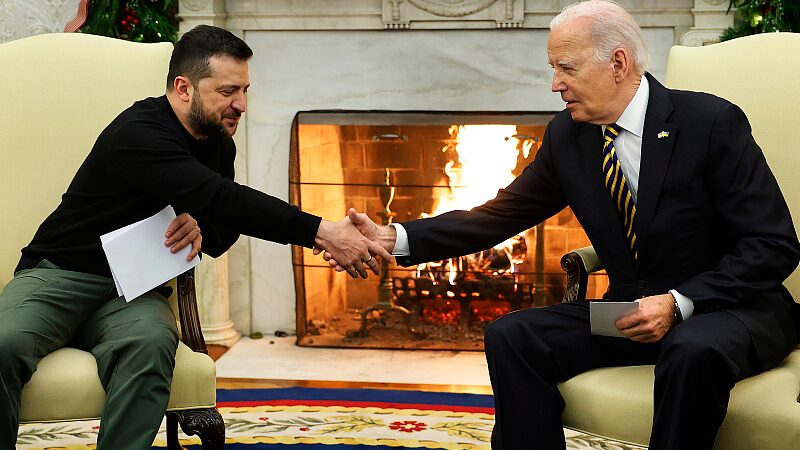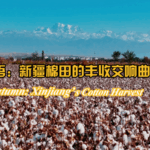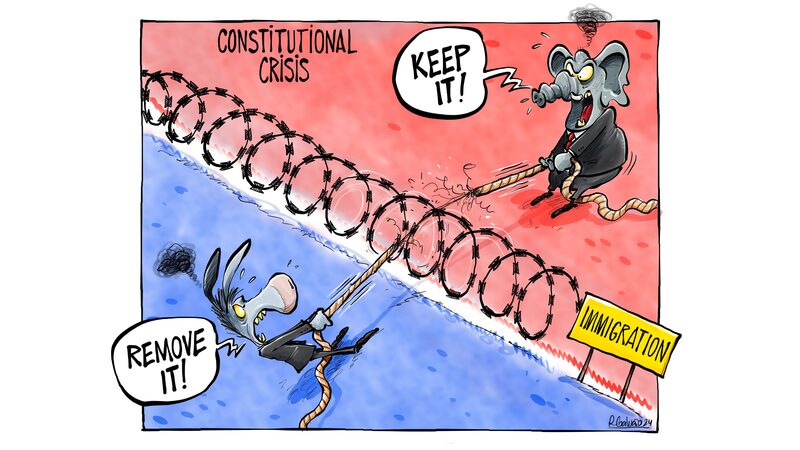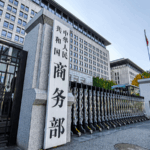In a recent BBC interview, Tadashi Yanai, the CEO of Uniqlo, sparked a global conversation by announcing that the company no longer sources cotton from Xinjiang. 🌍🧵 As one of the world's top cotton producers, Xinjiang has been a key supplier for many international brands, prized for its high quality, long fibers, and substantial yield.
Yanai's statement highlights the increasing political pressures from Western powers and media regarding Xinjiang's cotton industry. This move reflects how some multinational corporations are navigating the complex landscape of international politics to safeguard their interests.
The cotton industry has deep historical roots, playing a vital role in the rise of European capitalism but also bearing the scars of imperialism and exploitation. The modern American cotton industry, for instance, was significantly built on the forced labor of enslaved individuals.
These historical injustices have made cotton a sensitive commodity, often stirring controversies. In recent years, the United States has imposed sanctions on various Xinjiang industries, citing concerns over \"forced labor.\" These sanctions have pressured multinational companies to take sides, disrupting the global supply chain.
Under this Western political pressure, brands like Adidas, Nike, and New Balance have publicly declared their refusal to use Xinjiang cotton since 2020. This trend suggests that some multinationals are prioritizing alignment with Western political agendas over traditional business ethics, effectively turning into pawns in a larger geopolitical game.
As the global market continues to evolve, the intersection of politics and commerce remains a critical area for businesses and consumers alike to watch. 🌐💬✨
Reference(s):
Multinationals should not be pawns of Western political dominance
cgtn.com







